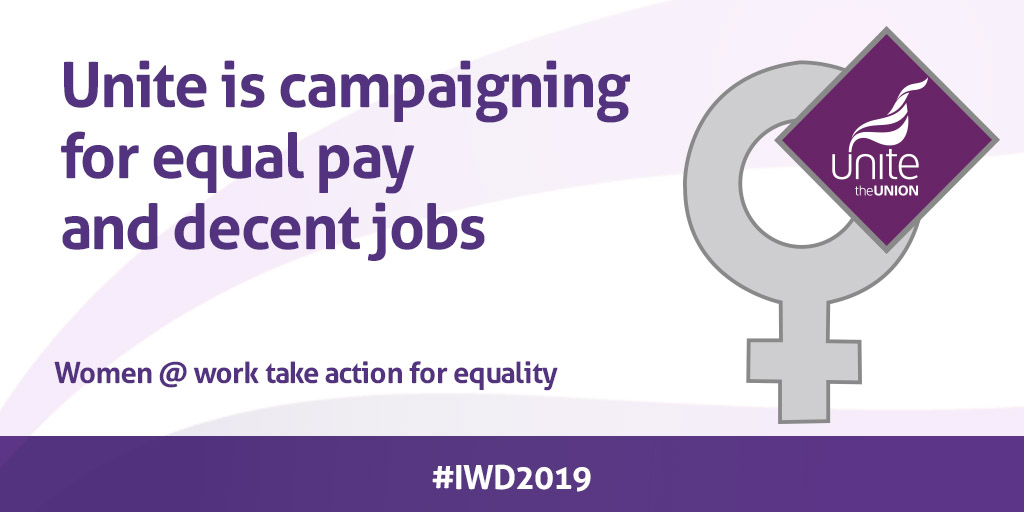Out of reach
In a country of more than 60m people, women slightly outnumber men by a little over one million. While women are almost equally represented in the total UK workforce, accounting for 47 per cent, women top bosses, on the other hand, are all but non-existent.
Only five of the CEOs in the FTSE 100 are women. As the Royal Mail’s chief executive, Moya Greene, recently highlighted, this paucity of female leadership shows just how far the country is from being a truly equitable society.
In a speech to launch 25 by 25, an initiative to achieve 25 female CEOs by the year 2025, Greene blamed societal and cultural expectations placed on women, which keeps them from climbing the ladder at work.
“One of the most important things to do is to help women take ownership of their ambition and aspirations,” she said. “It’s still disappointing when you see how young women view their ambition – and how others view that ambition.”
Unite national officer for equalities Siobhan Endean said the hurdles women face go beyond cultural factors.
“There remains a stubborn glass ceiling as well as a sticky floor for women who lack opportunities to gain training or promotion within businesses,” she said. “There is also a resistance to flexible working arrangements, part time working and job share, as well as occupational maternity pay and leave and paid parental leave.”
Childcare: “inflexible, expensive and poor quality”
Greene called for enhanced childcare in the UK, such as what is available to Swedish parents. There, childcare is seen as a public service and is mostly funded by government grants and taxes, with some parents paying partial fees.
On the other hand, in the UK, childcare is mostly the domain of the private sector, with the government stepping in to help with tax credits. Earlier this year, the Citizens Advice Bureau slammed the country’s childcare system, saying the lack of flexibility and poor quality of care hit low-income families the hardest, who have to juggle the unpredictability of shift work.
“Up-front costs are a hurdle for families trying to make ends meet, and for many it will simply not be possible to scrape together a deposit and advance payment to hold down a place for their child,” said Citizens Advice chief executive Gillian Guy. “If parents are unable to access or afford decent childcare then they can be prevented from going out to work.”
Endean agreed, saying, “Women struggle to find high quality affordable child care that matches their working hours.”
The IPPR, a progressive think tank, has also confirmed that reforming childcare would go a long way to promote greater gender equality in the workplace.
Positive action needed
Greene said that urgent positive action is needed from both the business community and the government if women are to gain equal ground in leadership positions.
She cited the success of the 2011 Davies report, which recommended a strategy for top companies to promote more women on boards. Three years later, the percentage of women in boardroom positions in the FTSE100 climbed from 12.5 per cent in 2011 to 20.7 per cent this year.
Greene added that it should not take an additional ten years to get twenty more women CEOs into the country’s top companies, and emphasised that women who do reach the top must encourage ambitious women below them.
“I have committed to take the same chances with talented women I see that were taken with me, and so 30 per cent of my executive team is female – and so is our chief operating officer,” Greene said.
Endean argued that responsibility for getting more women into boardrooms lies beyond individual female chief executives.
“Businesses need to realise that they need to work hard to remove the barriers to women as a key part of their business objectives,” she said. “If we have more women at all levels of businesses then I hope that would lead to a better understanding of the barriers women face at work, but all levels of management need to be trained in equality if it’s going to make a difference to all women at work.”
Diminishing career prospects
Even though pushing for wider female leadership among top businesses would be a welcome step forward, what’s often missing from the conversation is the state of women in the workplace at the very bottom.
As a TUC analysis noted this summer, women are being funnelled into positions where the Living Wage—the minimum wage needed to meet basic living expenses—is out reach. In part-time, low-paid industries, of which women form the majority of workers, the hourly wage gap between men working full-time and women is an astounding 34 per cent.
Women account for three-quarters of the 6 million workers in part-time work. Considering that the vast majority of part-time jobs are low-skill, low-pay and insecure, career prospects for the majority of women will continue to be a race to the bottom.
Since women represent such a large share of low-paid workers, Endean argued that “women are undervalued for the work they do.”
“The presence of an organised, strong trade union can make all the difference,” she said.
“Union equality reps should be recognised and trained to ensure that work places are monitored, and targets and policies negotiated to tackle discrimination in all areas. There should be collective bargaining in work places, a living wage for all workers and an immediate increase to the national minimum wage,” she added.
 Like
Like Follow
Follow

